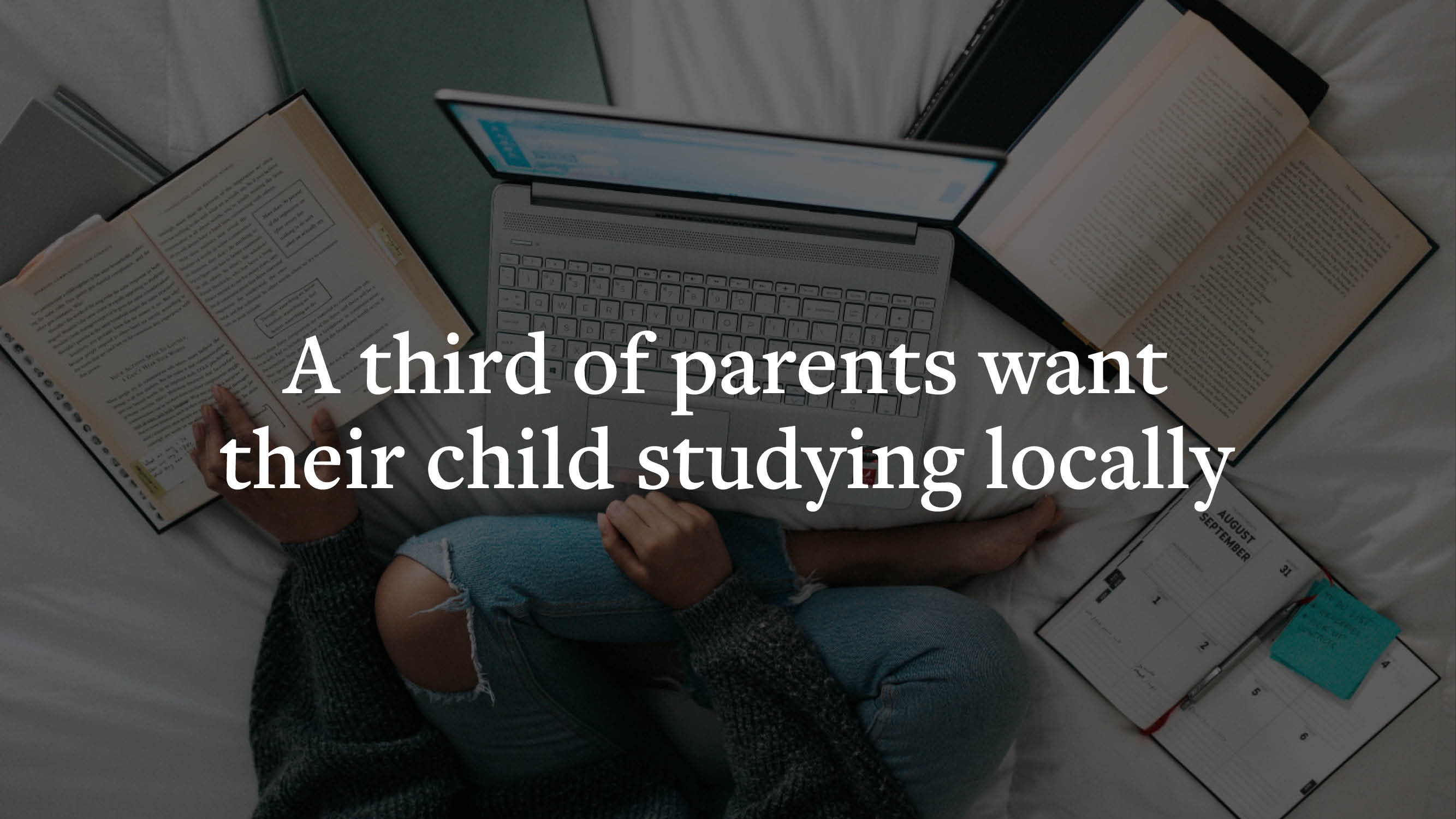29 March 2020
Market insightsHow do Kiwis regard our current education landscape and its future?
Following our summer road trips and far-flung adventures, the focus for some of us shifts to sending our children back to school or University for another year. Curious about the prevailing sentiments regarding New Zealand's national curriculum and post-secondary options available in 2024 prompted us to engage with our panellists, seeking insights into the current educational landscape and its potential future.
Post Covid and with the ongoing changes in technology, the education sector has adapted to the needs of students incorporating both in person and online methods of learning. This has prompted a reassessment of academic pursuits and what a robust education system looks like for students in 2024 and beyond. Now however, the decision to continue higher education in New Zealand reflects the interplay of personal concerns, economic realities, and the evolving dynamics of educational prospects.
The positive news is that One Picture found a substantial number of parents who have children that may go to university and are supportive of their kids pursuing postgraduate studies. 53% are open to the idea if they wanted too, and 37% would actively encourage their children in this direction. Will the new norm in the future be a more in-depth education including a Masters or PhD?
Insights included a preference among parents for their children to attend local universities, with one-third (32%) expressing a desire for their child to study locally (closest to where they reside). Obviously, this reduces the extent of student-based finances and with cost-of-living forefront of mind is this a key driver for parents and their children for the future?

However, academia does not resonate with everyone, as a substantial number of our panellists indicated that they do not foresee their children attending university. A number of factors go into this including academic ability, cost, and time. Adding to this sentiment, when questioned about the efficacy of the National Certificate of Educational Achievement (NCEA) in meeting the needs of Kiwi children for success on the global stage, a mere 17% affirmed its effectiveness. These findings suggest a nuanced perspective on the current state and future direction of education in New Zealand. With such poor ratings we see the challenge the Government has in front of them to change this to compete at a global level where frequently a double degree or Masters is the baseline.

Our qualitative insights team have worked closely in the education sector and say that there are three key areas that new and future students take into consideration when it comes to tertiary education:
Getting the balance of hybrid learning – this involves seamlessly integrating technology, in-person and online engagement, content delivery, flexibility, diverse assessments, effective communication and collaboration, allocating resources wisely, and providing feedback for continuous improvement. Now especially, students want an inclusive and effective educational experience that leverages the strengths of traditional and online learning. The key is production quality – a lecturer or teacher simply filming themselves with crackling sound and a scrawl on a whiteboard is not good enough in the age of technology. With many kids proficient in the use of editing videos, they wonder why higher education isn’t better equipped to share learnings online. We also know that with the cost of higher education, more students are working part time, in some cases full time and juggling studies – if production quality were improved, so would their experience and ability to complete a degree partially online.
Variety of connections both at home and away – engagement with the community, academic and social networks, global perspectives, alumni connections, industry collaborations, research opportunities, cultural interactions, all contribute to the holistic development of university students and the learning environment.
If any of these pillars are lacking, then potentially, future students will be discouraged from heading towards formal academic study.
Our research has also seen, on multiple occasions, the move towards apprenticeships, armed forces recruitment, and specific course certificates over a university degree. This has led to many education providers asking how they can bolster their offerings through new qualifications and study plans as well as how they can make their branding more appealing to diverse types of students. With the advent of AI could we begin to see the further decline of formal higher education, or will it enhance academic offerings? What does it mean for those heading into tertiary education – are they the next world leaders or lacking innovation?
NZ Head of Qualitative Research at One Picture Group, Nathan Farmer, has been involved in several key education projects both in NZ and globally. He says, “Whilst the industry is agile and able to adapt to changed circumstances whilst striving for excellence, it is clear that the ongoing nature of external factors continue to challenge all aspects of learning in NZ.”
Nathan added “The key pillars of; academic excellence, community and learning environments are still resonating with students and their whanau in many decisions around education and we have recently worked with University of Canterbury, to help bring these values to life in a way that will strengthen the relevance of University of Canterbury for current and future students.”
Education providers need to change up the ways they have marketed themselves to attract prospective students in a highly competitive field. Undergraduates want to experience campus culture and be engaged but time will tell if the effect of online schooling and the NZ literacy and numeracy decline continues to have an impact on the willingness to take up tertiary studies.

The findings in this article were part of research conducted by the One Picture Group New Zealand office, comprising areas of brand shopping, education, and tourism. If you are curious about any of these fields in the New Zealand market and want to know more about these insights, please email our Marketing Manager,
Andrew Pears (AndrewP@onepicture.com)
One Picture Group is a strategy company, consumer insights and brand planning specialists who are 100% Kiwi owned helping brands understand their customers for over 22 years. If you want to do a deep dive into your customer experience or brand strategy, contact our teams in Aotearoa New Zealand, Australia and the United Kingdom.
Key Contacts:
Jo Muller (NZ) JoM@onepicture.com
Richard Bourke (Australia) RichardB@onepicture.com
Jennifer Calvey (UK) JenC@onepicture.com





 Tags:
Tags: